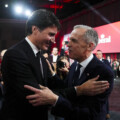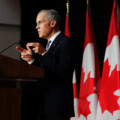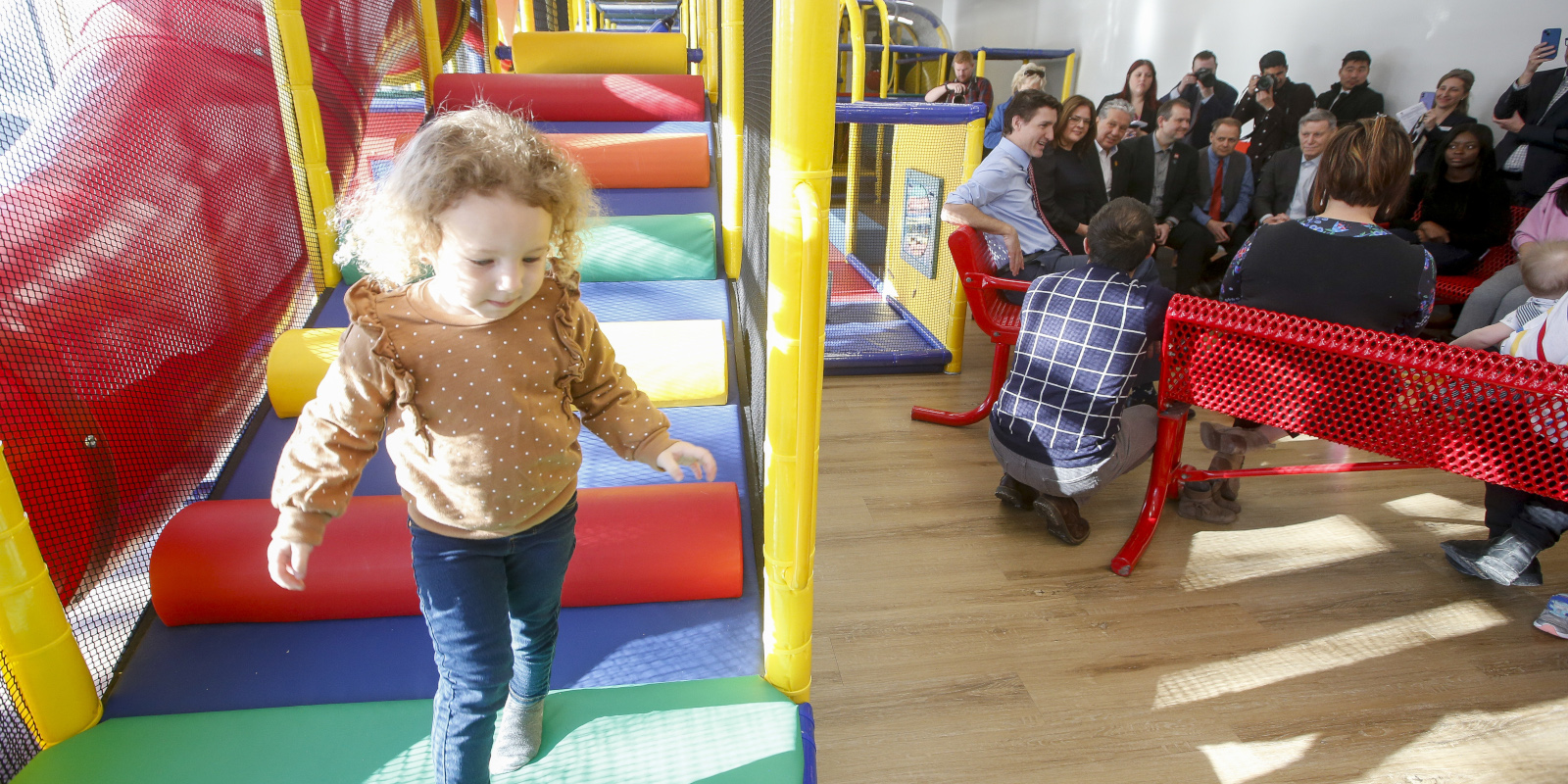With a single vote in the House of Commons last month, the Conservative Party seemed to end two decades of opposition to a national child care program.
The legislation, which passed unanimously, permanently enshrined funding for the Liberal government’s $10-a-day daycare program. And by showing support for the Liberal plan, which aims to bring child care costs down to less than $10 per day for every child in a licensed daycare facility, the Conservatives appear to have closed a longstanding ideological divide.
While the progressive parties have favoured government-run daycare, Conservatives have historically shunned those programs in favour of an allowance designed for families to help cover the cost for child care.
It’s not hard to find Liberals celebrating the recent vote as a conclusive ideological and policy victory. But Conservatives argue that a future Pierre Poilievre-led government could still find some room to maneuver on the program, either by overhauling it and allowing for more flexibility for parents or replacing it with their own policy.
Ken Boessenkool, founding partner of Meredith Boessenkool Policy Advisors, says promising to completely unwind the national daycare program is no longer a credible option for the Conservatives in 2023.
“Every provincial government has implemented the agreement in some way or another, including Doug Ford and Danielle Smith,” says Boessenkool, who has played leading strategic roles on right-of-centre political campaigns across Canada.
In 2021, the governments of every province and territory, including Alberta and Ontario, signed separate deals with Ottawa to implement the Early Learning and Child Care program. When the provinces signed the agreement in 2021, the federal government had earmarked $30 billion over five years to set up the program.
“That is a basic win-win that Doug Ford and Danielle Smith have understood you can’t pass up,” says Tyler Meredith, the other founding partner of Meredith Boessenkool, who served as director of economic strategy and planning for Finance Minister Chrystia Freeland before joining the private sector last year.
“Thanks to the support of conservative premiers…it has made it easier for the federal (Conservative) party to come on side too,” said Meredith.
Conservative MP Michelle Ferreri has downplayed the significance of the party’s vote in favour of the child care funding, mentioning that the provinces had already signed onto it.
Despite signing onto the child care program in 2021, Alberta’s UCP government made it clear at the time that the agreement was not perfect for the province due to unlicensed daycare providers such as nannies or family-members and friends being left out. Then-Alberta Premier Jason Kenney unfavourably compared the province’s agreement with the child care deal that Quebec signed with Ottawa, which had no conditions attached.
Rebecca Schulz, who was the Alberta minister of children’s services when the deal with Ottawa was signed, has said the agreement was imperfect due to the lack of flexibility for parents, which she hopes can be remedied in the future with a different government.
Ferreri echoed Schulz’s critiques following the vote and said a future Conservative government would alter the program to allow for more flexibility of choice for parents, and ensure other children facilities like home daycare are included.
Greater participation by women in the Canadian workforce has been touted as a benefit of the Early Learning and Child Care program. The percentage of women in the Canadian labour force had modestly increased from 65 percent in 2007 to 68 percent in 2021.
Randall Bartlett, the senior director of Canadian economics with Desjardins, says that, in addition to the child care program, a rapid growth in the number of work-from-home jobs has enabled more women to enter the workforce.
Bartlett says a Desjardins report found that more young women, and younger families in general, were being influenced by affordability when making the decision to have children. He says the child care program could have an impact on those decisions.
“We think it’s going to be something that’s going to continue to boost female engagement in the labor force going forward and possibly change the dynamics between household decisions as well,” says Bartlett.
Boessenkool says the door is still open for future debate on the national daycare program if the federal government does not provide adequate funding. He says the amount of money promised by the Liberals for the program will be ultimately insufficient, leading to questions about the program itself.
“Both the ‘more money’ and the ‘goal’ will be the subject of future debates,” says Boessenkool. “As will the failure of the Liberal plan to reach its objective, which mathematically, it cannot without more money.”
Boessenkool co-authored a 2021 report with the C.D. Howe Institute advocating for a permanent child care transfer from Ottawa to the provinces that focuses on leveraging provincial governments’ efforts to grow the supply of child care spaces, such as a increasing the operational grants for licensed child care facilities.
With average yearly salaries of under $40,000 for child care workers, filling the staffing needs of child care is already a challenge, and child care advocates have warned that the lack of spaces will make the situation more difficult.
Polling has indicated that maintaining continued opposition to child care funding would damage the Conservatives’ electoral appeal in the wake of the heightened cost-of-living in Canada in the aftermath of the COVID-19 pandemic.
Some estimates place the cost of raising one child in Canada to be about $15,550 annually, and $253,94 in total when the child turns 18. From 2021 to 2022, the monthly cost to rent an apartment in Canada has risen by roughly 12 percent.
Recommended for You

Don’t downplay the costs of the AI revolution: The Weekly Wrap

Our AI future is already here—and we are nowhere near ready

‘The most important geopolitical resource we have’: Why the world still needs Canada’s oilsands

Mark Carney is undoing Justin Trudeau’s legacy: 15 policy reversals from his first year in power




